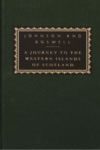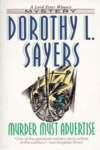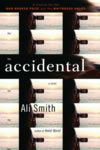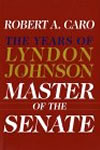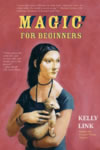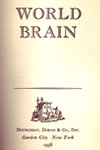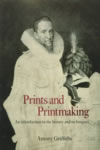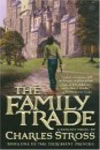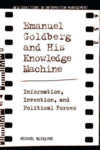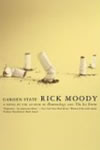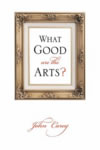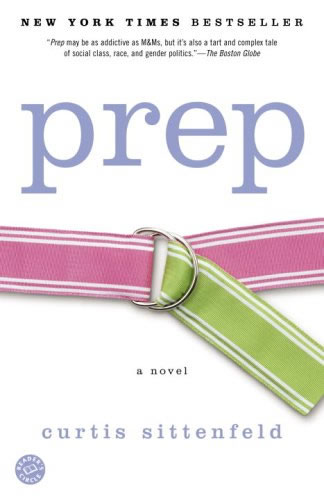Restaurant owners have known for decades that you can make money on a superb little restaurant, but you can make a fortune with an unambitious big one -- or, better still, a chain. In recent years, the food press and The Food Network have made this more emphatically true, as big-name chefs spend little or no time in the kitchen. From Emeril to Keller and Robuchon, the chef is a celebrity and a CEO.
This volume follows on the wonderful Making of a Chef, which looked at culinary school, and Soul of a Chef, which visited three very different chefs. Here, Ruhlman explores celebrity chefs and their work. He revisits the Culinary Institute and discusses the New Student with his old teachers. He spends time with French Laundry creator Thomas Keller at the opening of his New York bastion Per Se. (Keller had lost his shoes, handing Ruhlman a useful metaphor.) He journeys to Maine to meet Melissa Kelley, who grows her own herbs and vegetables and invites diners out back to be introduces to "the piggies" -- Gloucester Old Spots she raises.
Perhaps simply because I seldom watch The Food Network, I'm not fascinated by celebrity chefs. Ruhlman does an unmatched job of explaining how economics and PR force them out of the kitchen and into corporate leadership or into the TV studio. He gathers the data and walks you through the numbers and shows you how people feel.
The Reach of a Chef is about money. Getting Americans to show what they feel about money without platitudes and sentiment is exceptionally difficult, and Ruhlman does it nicely. He captures the tension and frustration of chefs who only can pay themselves $150K/year as they experience it, without embarrassment or apology, and shows the various ways in which they are choosing to address their problem and the impact of those solutions on the way we eat.
I'd like, someday, for Ruhlman to take us back to the kitchen and back to the start of the trip -- to good food, its nature and its making, and to the classmates with whom he worked. To Erica-who-burt-her-roux, to sullen angry Adam who would rather have been working in wood, and perhaps even to brown sauce.
June 9, 2006 (permalink)
